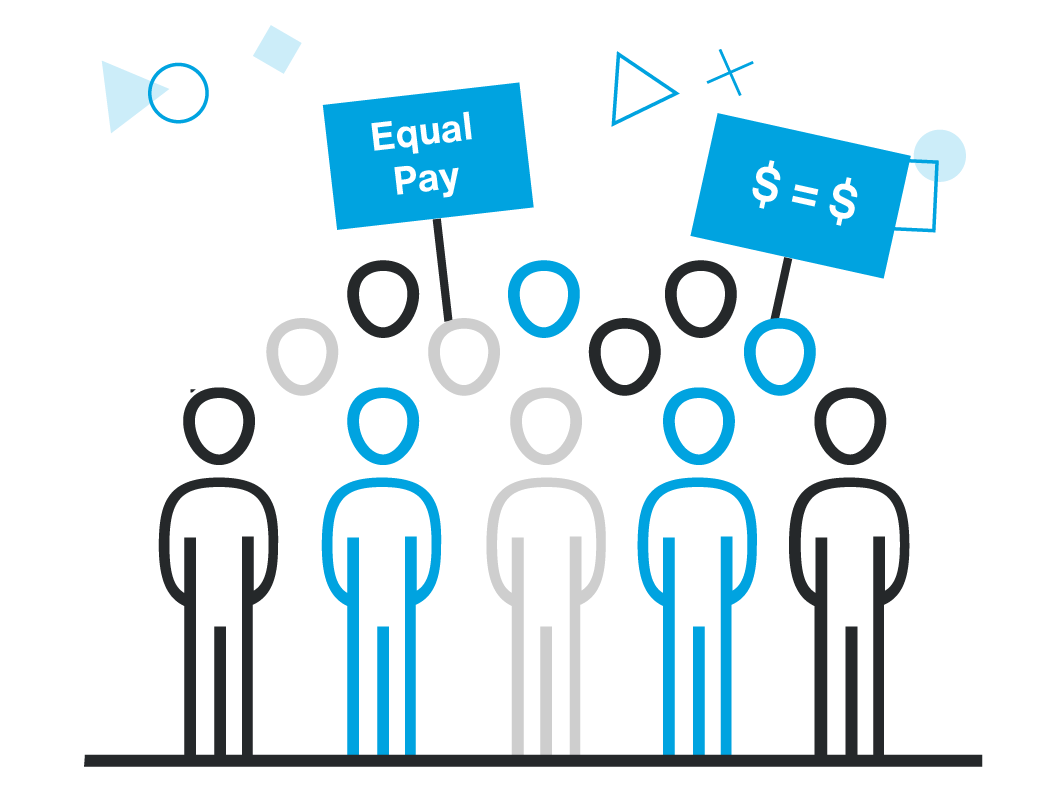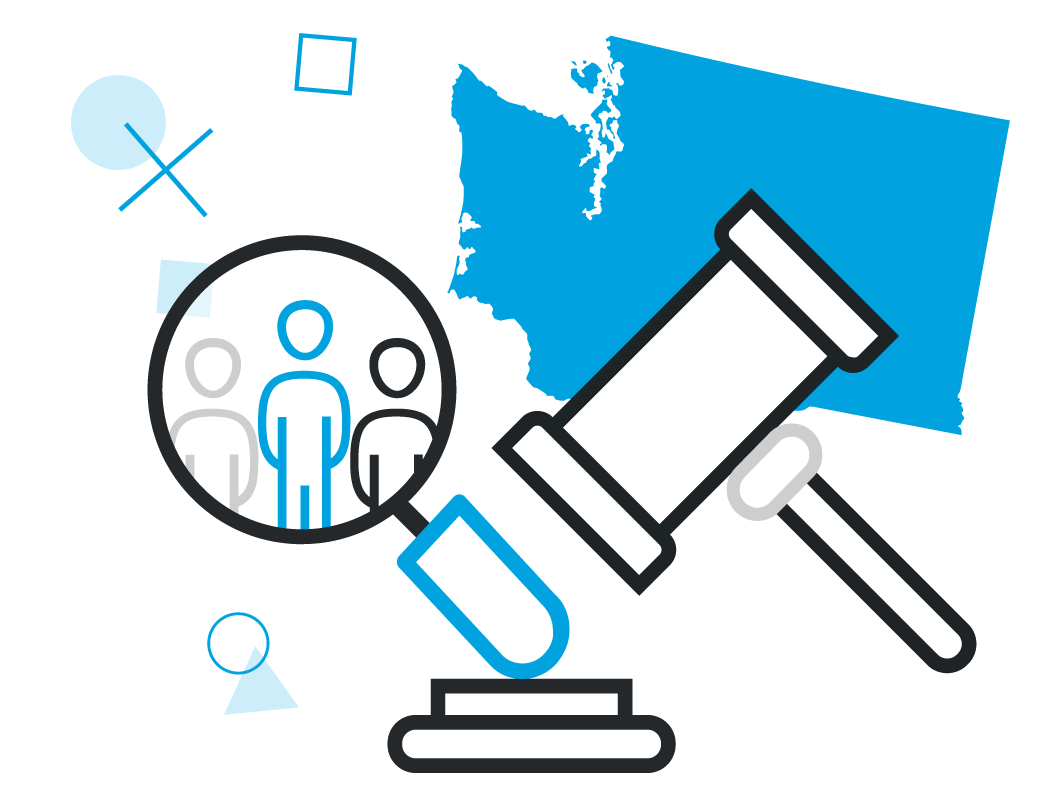
3 minute read
2020 brought coast-to-coast changes to compliance obligations in the areas of Diversity, Equity, Inclusion, & Access (DEI&A). California enacted a new law requiring certain organizations to submit annual reports on compensation, hours worked, and employee demographics. In Colorado, employers geared up for the Equal Pay for Equal Work Act, which provides a litigation “safe harbor” for employers that conduct pay equity audits. In New York City, the comptroller launched a campaign “calling on major companies that issued statements supporting racial equality and/or diversity and inclusion to match their words with concrete actions.” Over 30 S&P 100 companies, such as Amazon, Chevron, and Citigroup, responded to this call to action by publicly disclosing their EEO-1 reports. This is just a sample; other developments included the continued expansion of salary history bans, high profile lawsuits challenging discriminatory pay practices, and major corporations such as Intel and Uber revamping their approaches to hiring outside counsel based on diversity considerations.
So, what is in store for DEI&A in 2021? Here are several considerations for your organization to adopt in order to proactively address an evolving employment landscape.
First, expect more internal and external pressure to conduct a pay equity audit (PEA). A PEA is an analytical tool that seeks to 1) explain internal differences in pay across the workforce in terms of justifiable business factors, typically involving regression analyses and 2) identify risk areas where pay disparities cannot be justified. By providing employers with a quantitative view of the consequences of their pay practices, PEAs help to evaluate whether those pay practices best support the organization’s priorities. In addition to Colorado’s Equal Pay for Equal Work Act, Oregon and Massachusetts incentivize pay equity audits by insulating employers from certain litigation damages when PEAs are properly conducted. As Trusaic’s CEO and founder Robert Sheen explained in the Harvard Business Review, companies inevitably learn through the audit process that their pay policies “are not consistently followed and a lot of subjective assessment gets put into place.”
Second, expect additional compliance obligations for pay and DEI&A transparency. In the UK over the summer, lawmakers debated a new legal provision requiring certain employers to publicly report their pay gaps on the basis of race and ethnicity, in addition to the current requirement to publicly report such gaps on the basis of gender. While we do not yet know the outcome of this debate, this development from across the pond has already taken hold in at least one state, California, which will require pay data reporting on the basis of gender and race/ethnicity in 2021. According to an article in Lexology from lawyers at the law firm Morgan Lewis, similar legislation has been considered in Rhode Island and New York as well.
Finally, expect more internal and external pressures to live up to commitments to equality with action. A spate of recent reporting in publications such as the New York Times, the Washington Post, and Business Insider highlights how employees, consumers, and investors are not willing to accept only words. In his article The 10 Commitments Companies Must Make to Advance Racial Justice, author Mark R. Kramer highlights what businesses must do to implement real change to combat policies or practices that lead to the devaluation of workers of color. According to Kramer, “There is no longer any excuse for disparities in the wages paid to people of color and especially to women of color whose pay is twice discounted. Conduct a wage equity audit, and make the adjustments needed to achieve fair and equitable pay.”
The costs for ignoring such considerations are high both financially and in terms of brand reputation. Yet, there are steps organizations can take now in order to be proactive. Experts across the human capital, legal services, and business intelligence industries recommend a pay equity audit as a critical tool in an employer’s risk management tool belt. A pay equity audit provides actionable intelligence to be proactive in addressing internal inequities with respect to DEI&A.
Not sure how to get started? Let Trusaic provide your organization with a free Pay Gap Assessment, which can be conducted confidentially and includes monthly DEI&A analytics. To learn more about achieving pay equity, and to receive a free pay gap risk assessment, click here.



